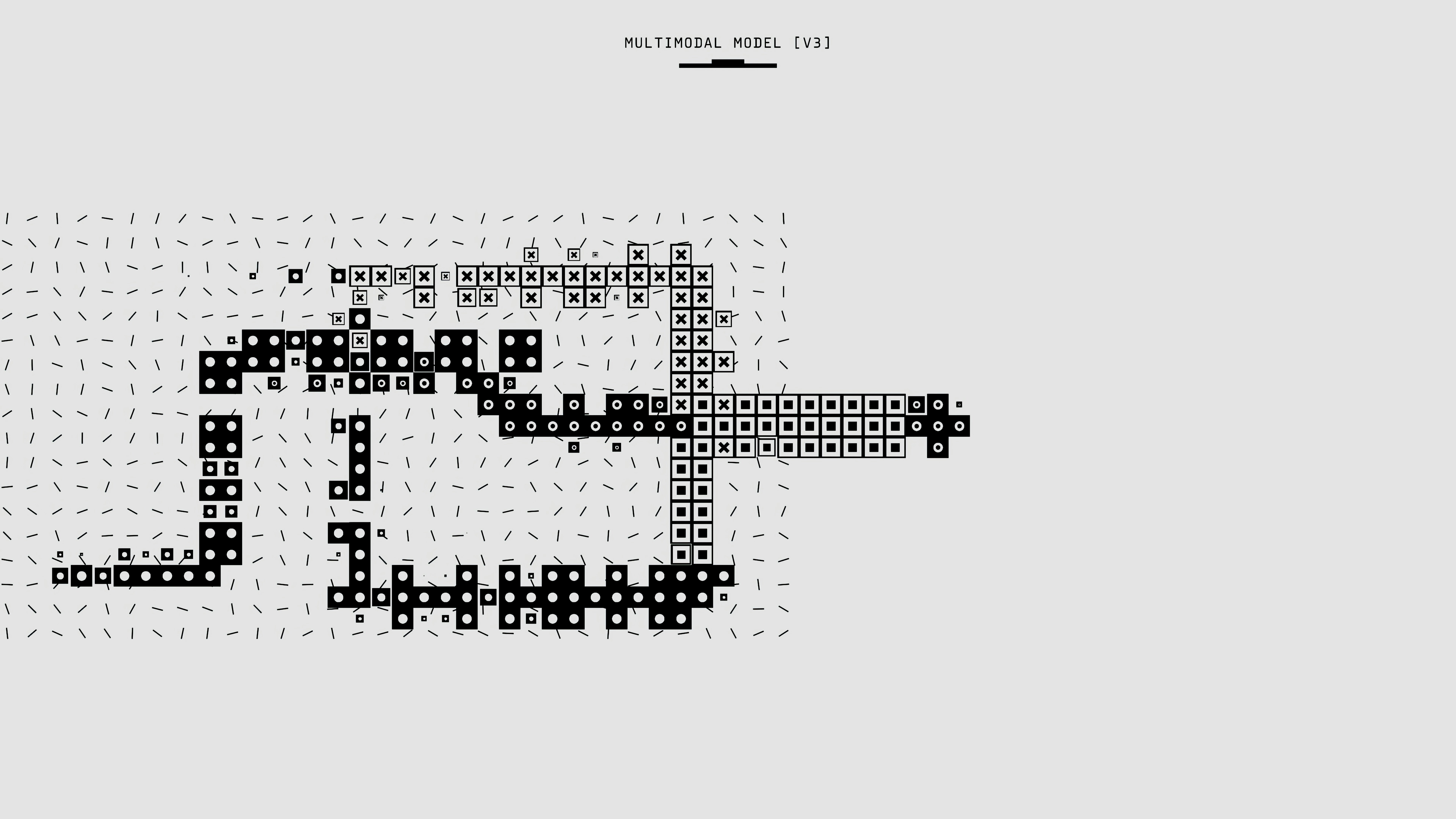General Presentation
Artificial intelligence can only generate real value if it is based on a robust, consistent, well-governed, and fully controlled data infrastructure. That is why data engineering constitutes a fundamental pillar of the NeuriaLabs approach.
We intervene throughout the entire data lifecycle, from collection from multiple sources to structuring in optimized storage environments, including transformation, normalization, quality control, and securely making available datasets usable by AI models, business analysts, or visualization tools.
Our data engineering teams design and operate complex processing pipelines that can absorb massive volumes, in real-time or in batch, with a high degree of automation, resilience, and traceability. These pipelines feed hybrid, modular, and interoperable data lakes or data warehouses, integrating with existing information systems.
Data Collection and Ingestion
We implement efficient and adaptive continuous ingestion mechanisms that capture data from multiple sources:
• Relational or NoSQL databases
(PostgreSQL, MySQL, MongoDB, Cassandra, etc.)
• Business application APIs
(ERP, CRM, web platforms, internal tools)
• Real-time streams (streaming)
(Kafka, Flink, Pub/Sub, WebSockets)
• External sources
(open data, partner data, web scraping, RSS feeds)
• Unstructured data
(documents, log files, images, sounds, videos)
Our pipelines are designed to integrate buffering mechanisms, incident recovery, upstream quality control, and allow for continuous ingestion without interruption of business streams.
Transformation, Cleaning, and Normalization
Raw data is, by nature, heterogeneous, incomplete, redundant, or noisy. We develop automated systems for intelligent data preparation, based on business rules, statistical models, or supervised and unsupervised machine learning logics.
Classic steps include:
• Cleaning (removal of duplicates, handling of missing values, management of typographical or semantic inconsistencies)
• Normalization (unification of formats, standardized codifications, harmonization of units)
• Enrichment (cross-referencing with other sources, addition of derived data, encoding of categorical variables)
• Validation (detection of disruptions, statistical distribution control, specific business rules)
• Transformation (aggregation, temporal slicing, restructuring pivot, anonymization, pseudonymization)
For this, we use tools such as Apache Spark, Airflow, dbt, Pandas, Dagster, combined with automated testing environments that ensure the reliability of the pipelines over time.
Storage, Structuring, and Data Lakes
We design advanced storage architectures tailored to the needs of scalability, governance, data accessibility, and security for AI.
Our solutions include:
• Data lakes: centralized storage spaces capable of hosting raw data of all types (structured, semi-structured, unstructured), on distributed infrastructures (AWS S3, Azure Data Lake, Google Cloud Storage, HDFS). These spaces are organized by layer (raw, cleansed, curated, enriched), with fine-grained access rights management and metadata.
• Data warehouses: relational structures optimized for complex analytical queries (BigQuery, Redshift, Snowflake, Azure Synapse), interfaced with BI tools, notebooks, or modeling engines.
• Hybrid data platforms: architectures combining real-time and batch, SQL and NoSQL, on-premise and cloud, with query federation tools (Presto, Trino, Dremio) and unified data catalogs.
All is designed according to DataOps principles, with versioning, monitoring, automated documentation, and continuous deployment via CI/CD.
4. Governance, Security, and Traceability
In any AI project, data mastery is inseparable from responsible governance. That is why we systematically integrate into our architectures:
• Data catalogs (DataHub, Amundsen, Atlan) allowing for documentation, search, and automatic classification of datasets
• Access control mechanisms based on RBAC, ABAC, or OAuth2 policies
• Lineage and auditability tools tracing the origin, transformations, and uses of each exposed data
• GDPR and sector compliance measures, integrating anonymization, deletion on demand, limited retention, and documentation of processing
NeuriaLabs Approach
Our approach to data engineering is based on five structural commitments:
1. Resilient, scalable, and modular architecture, adapted to the most demanding business requirements
2. Complete transparency of processes, with automated documentation and real-time monitoring
3. Interoperability with client ecosystems, without technological imposition
4. Ability to industrialize data in service of AI models, without disruption of continuity between source, processing, storage, and consumption
5. Strict adherence to safety, sovereignty, and data privacy standards






